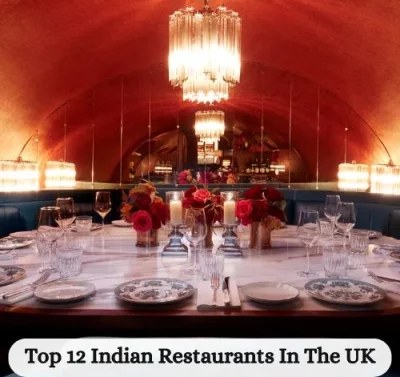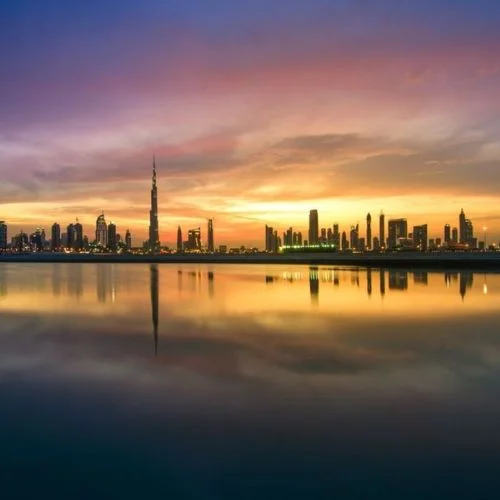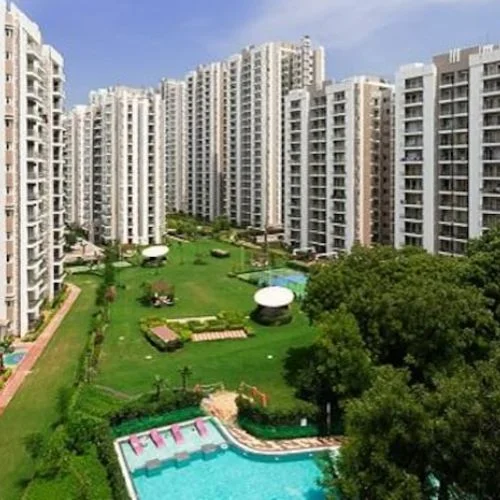Samir Kuckreja, founder and CEO of Tasanaya Hospitality, a boutique consulting firm, which also does transaction advisory for restaurants, said that while this will “empower the customer and inspire consumer activism”, it was not fair as a service charge is applied in restaurants across the Asia Pacific and other parts of the world.
The government on Monday dealt a blow to restaurateurs across the country with the Central Consumer Protection Authority (CCPA) disallowing them from adding a service charge to food bills. The latest guidelines aim to prevent unfair trade practices that CCPA said violate consumer rights.
The guidelines said that hotels or restaurants shall not add service charge automatically or by default in the food bill and that no collection of service charge shall be done by any other name. Hotels or restaurants shall not force a consumer to pay service charge and shall clearly inform the consumer that service charge is at the consumer’s discretion and there will be no restriction on entry to a customer on this basis, CCPA said.
Service charge shall not be collected by adding it along with the food bill and levying a goods and services tax on that total amount, the authority said. If any consumer finds that a hotel or restaurant is levying the charge in violation of the guidelines, they can request them to remove it from the bill. They can also lodge a complaint on the National Consumer Helpline, CCPA said.
Restaurateurs are disappointed. “As an organization, we clearly mention on the bill and the menu that we levy a service charge and that it is discretionary. It is like a contract as soon as you walk in and so, if someone tells us they don’t want to pay a service charge, we remove it. But yes, some of us in the industry may consider increasing our costs by 10% to then incorporate it into our bill. This is the tipping standard all over the world,” said Vikrant Batra, co-founder and director, Batra Bros Food and Beverages Pvt. Ltd, which runs Cafe Delhi Heights.
This is a fairer system of tipping as it doesn’t just go to 20% of the staff in the front of the restaurant who face the consumer but to everyone from the delivery driver to the chef or the person who washes the utensils, Batra contended. “It is a very uniform way of distributing it and is an integral part of the pricing. If the law is imposed, we will have no choice but to increase the prices on our menus,” he said.
Last month, Union commerce minister Piyush Goyal had said restaurants and hotels can raise prices but cannot levy service charges without the customer’s explicit consent.
Anjan Chatterjee, chairman and managing director at publicly-listed Speciality Restaurants Ltd, which runs restaurants such as Mainland China and Oh! Calcutta, said he respects the decision of the government and that no restaurant wants a disgruntled guest. If it is made law, the possibility of there being a disgruntled guest who didn’t want to pay the charge will go away. “Even earlier, about 3% of people were rejecting the service charge in our restaurants and our managers have been sensitizing our staff about this. We have been telling our teams to up our services so they were getting a similar tip. We will inspire the customer to be generous in tipping,” he said. Chatterjee said they will not consider increasing the prices.
However, Priyank Sukhija, chief executive officer and managing director of First Fiddle Restaurants, which runs restaurants such as Bougie and Miso Sexy, said it was a guideline and thus, it will be a fair trade practice to continue to levy a charge. “However, if they make it a law, we will have to increase our prices again because we have to pay the service charge to our teams,” he said.
Samir Kuckreja, founder and CEO of Tasanaya Hospitality, a boutique consulting firm, which also does transaction advisory for restaurants, said that while this will “empower the customer and inspire consumer activism”, it was not fair as a service charge is applied in restaurants across the Asia Pacific and other parts of the world.















